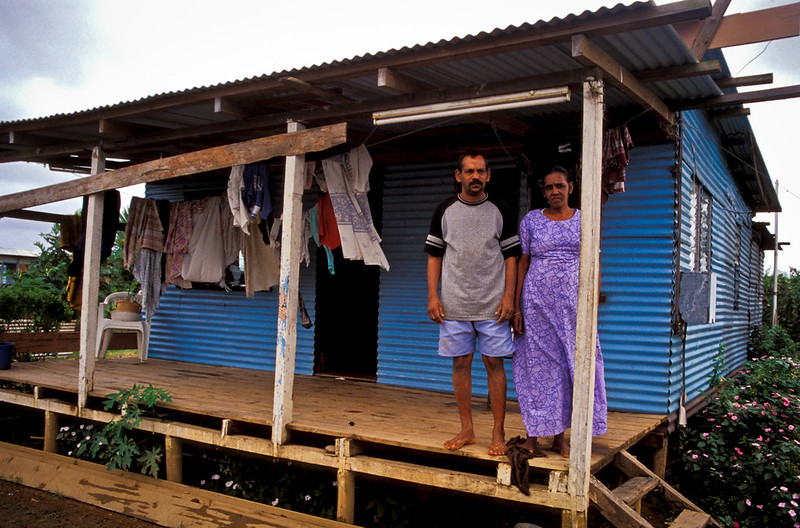The Impact of COVID-19 on Poverty in Fiji

Before the pandemic, more than 120,000 Fijians relied on a steady income from their jobs as waitresses, hostesses, hotel concierges and tour guides. Although 24.1% of residents were living below the poverty line in 2019, the country may have had some economic stability due to its booming tourism industry. However, everything changed in 2020 when hotels closed their doors and restaurants were no longer bustling with noise, leading to many people not having employment. As a result, the impact of COVID-19 on poverty in Fiji has been significant.
The Impact of COVID-19 on Poverty in Fiji
The impact of COVID-19 on poverty in Fiji expands well beyond public health. The closing of the country’s borders resulted in absolutely no travel for almost two years, a practice that contributes nearly 40% to Fiji’s gross domestic product (GDP). At one point, Fiji had more tourists coming into the country than people living in it; the financial crisis that shut down the borders caused in the travel sector alone was lethal.
The pandemic did not only introduce new problems into the country but served as a stimulant for the already challenging social and economic issues that Fiji was facing before 2020. Many households that were already struggling to afford food and clothing ended up with nothing. People who had never known poverty had to adapt to a new way of living; around 95% of the 200 families that a parish assessed in 2021 reported that their economic struggles were COVID-19 related.
As a country in which communal living is prevalent, the impact of COVID-19 on poverty in Fiji also extended to people who had to wear masks and lost the ability to move freely around their own living spaces. Squatter settlements that already had significant populations with people living below the poverty line before the pandemic became breeding grounds for the virus, unfairly striking those who were suffering long before 2020.
Solutions
In February 2021, the World Bank approved a credit of $50 million to help mend the impact of COVID-19 on poverty in Fiji and to aid in repairs from the tropical cyclones that have hit the country in the past two years. The money benefited the thousands of Fijians who needed immediate economic relief and continues to serve as a defense for any future catastrophes. On December 1, 2021, Fiji opened its borders and began to allow visitors back into the country. Many resorts are now up and running, and around 50% of the 120,000 people employed in the tourism business have returned to work. As of April 2022, Fiji is welcoming around 1,200 tourists every day, a number that should increase at the end of the year.
While things are beginning to look up for the people of Fiji, the road to recovery after taking as massive of an economic hit as it did in 2020 is still long and winding. Considering the number of Fijians in poverty, the social, economic and health-related effects of COVID-19 are far from over. As brave and resilient as Fijians have proven to be, they still need help in reclaiming and bettering their quality of life.
– Ava Lombardi
Photo: Flickr
